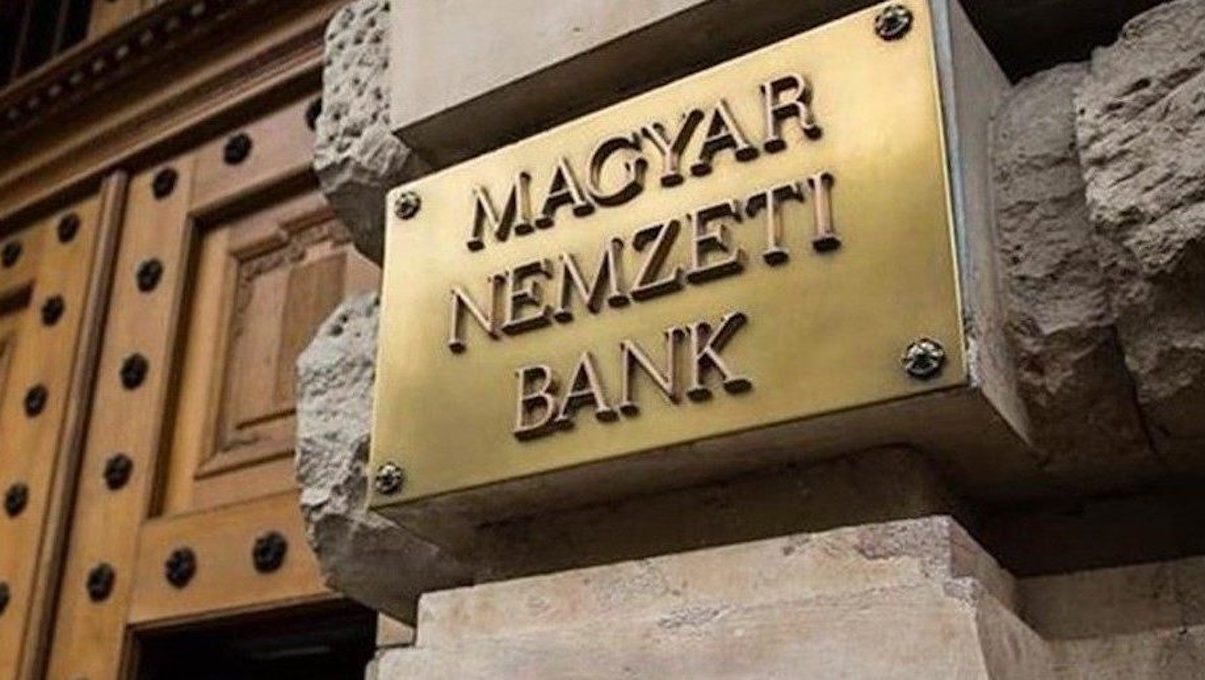On Tuesday, the Hungarian Central Bank (MNB) increased its base rate to an 18-year high of 11.75 percent, or 100 basis points, in an effort to reign in rampant inflation. The last time the reference rate was this high was in April 2004.
The Hungarian forint reacted to the news by strengthening shortly after on the interbank foreign exchange market, with 405.7 forints equalling one euro.
Analysts asked by business daily Világgazdaság had previously expected an increase of the same size, although they added that even greater tightening would have been justified after inflation accelerated by 2-percentage points in July compared to the previous month.
[op id=46050]
According to experts, together with the acceleration of inflation, the base interest rate may continue to rise in the coming months: While consumer prices may peak above 20 percent, the base interest rate is expected to reach its peak at 17 to 18 percent.
In July, inflation reached a 24-year high, with consumer prices exceeding the level of a year earlier by an average of 13.7 percent. Although the central bank expected a similar price increase in advance, the analysts clearly evaluated the data as a negative surprise, with only the core inflation indicator of 16.7 percent being more disappointing, which still indicates particularly strong price pressure in the economy.
A number of unique factors contributed to the acceleration of inflation. In addition to the increase in the excise tax on chips, alcoholic beverages, and tobacco products, the weakening of the forint and the effect of the restructuring of the overhead reduction could already be seen in the figures. The latter is expected to push up the consumer price index even more from August, which according to the central bank’s calculations may rise by 2 to 3 percentage points from the autumn months.
If the government were to phase out the price caps in effect, it is almost certain that inflation would rise above 20 percent, MNB vice-president Barnabás Virág said at a press conference explaining the base rate hike.






